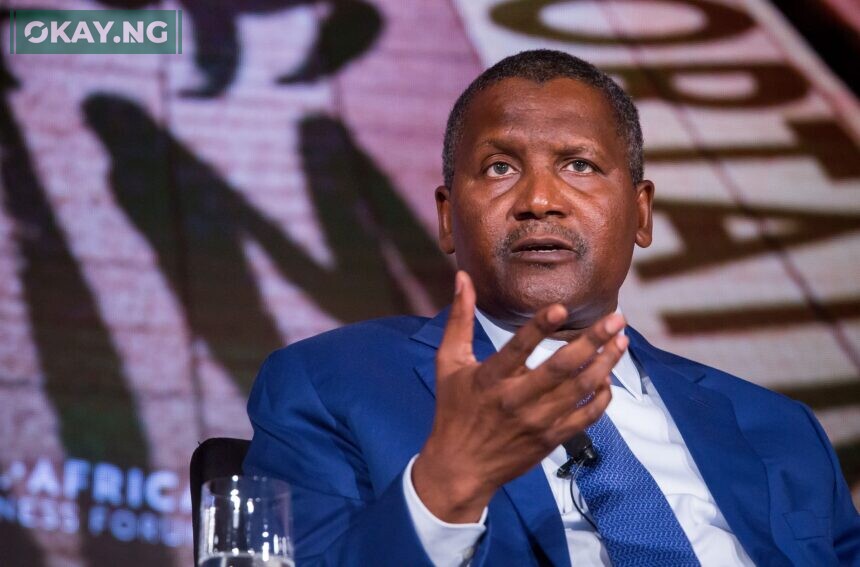Aliko Dangote, President of Dangote Group and United Nations’ Malaria Ambassador for Nigeria, has called on all stakeholders globally to join forces to eradicate malaria by 2030, as the World Malaria Day is marked globally.
In a statement titled “With Urgent Investment, Innovation and Implementation, Zero Malaria Spread is Possible”, Dangote highlighted the need for urgent investment, innovation, and implementation to curtail malaria’s spread wherever the disease is found around the world.
Dangote emphasized the importance of collaboration to ensure that no child or person dies of malaria or loses another day to the debilitating illness again.
He called on private sector leaders to implement malaria prevention and treatment programs in their companies, as done across the Dangote Group’s businesses.
According to Dangote, global partnerships and investments in the fight against malaria since 2000 have prevented some 2 billion malaria cases, saved 11.7 million lives, and put eradication within reach.
However, 96% of malaria deaths globally were found in 29 countries, with Nigeria among the four countries that accounted for over half of all malaria deaths globally in 2021.
Dangote expressed his readiness to lead the way, pledging that his Aliko Dangote Foundation (ADF) will further strengthen its engagements with key stakeholders in Nigeria and globally to support the efforts to address malaria in workplaces, communities, and especially high burden areas to attain the collective goal of malaria elimination by 2030.
Dangote noted that billions of dollars were pledged by donors at the historic Global Fund Replenishment meeting in Geneva, Switzerland, in 2022 to boost the fight against HIV, TB, and malaria.
However, he expressed regret that an unprecedented shortfall of more than 50% in global malaria funding is now holding countries back from maintaining life-saving malaria programs, despite the historic pledge.
Dangote acknowledged the positive efforts of the Nigerian National Agency for Food and Drug Administration and Control (NAFDAC) as the second national drug regulator to approve the use of the R21 vaccine.
He stated that the fight against malaria has been buoyed by the introduction of the new malaria vaccine -R21/Matrix-M, developed by the University of Oxford and manufactured by the Serum Institute of India.
“As we look forward to its rollout soon. All efforts must be made to sustain the adequate sourcing and application of this innovative vaccine in the fight against malaria; akin to the noble efforts made to ensure the eradication of polio in Nigeria and Africa,” he concluded.
Dangote urged governments and partners worldwide to invest more in malaria programs, innovate further to deliver improved solutions, and implement national strategies to accelerate progress against malaria by demonstrating leadership, adopting innovative and sustainable approaches, and scaling up national malaria programs to deliver life-saving tools to those at highest risk.
The theme of this year’s World Malaria Day: “Time to Deliver Zero Malaria: Invest, Innovate, implement” highlighted the need for urgent action and further investments to ensure existing investments deliver maximum impact in the fight to end malaria.









